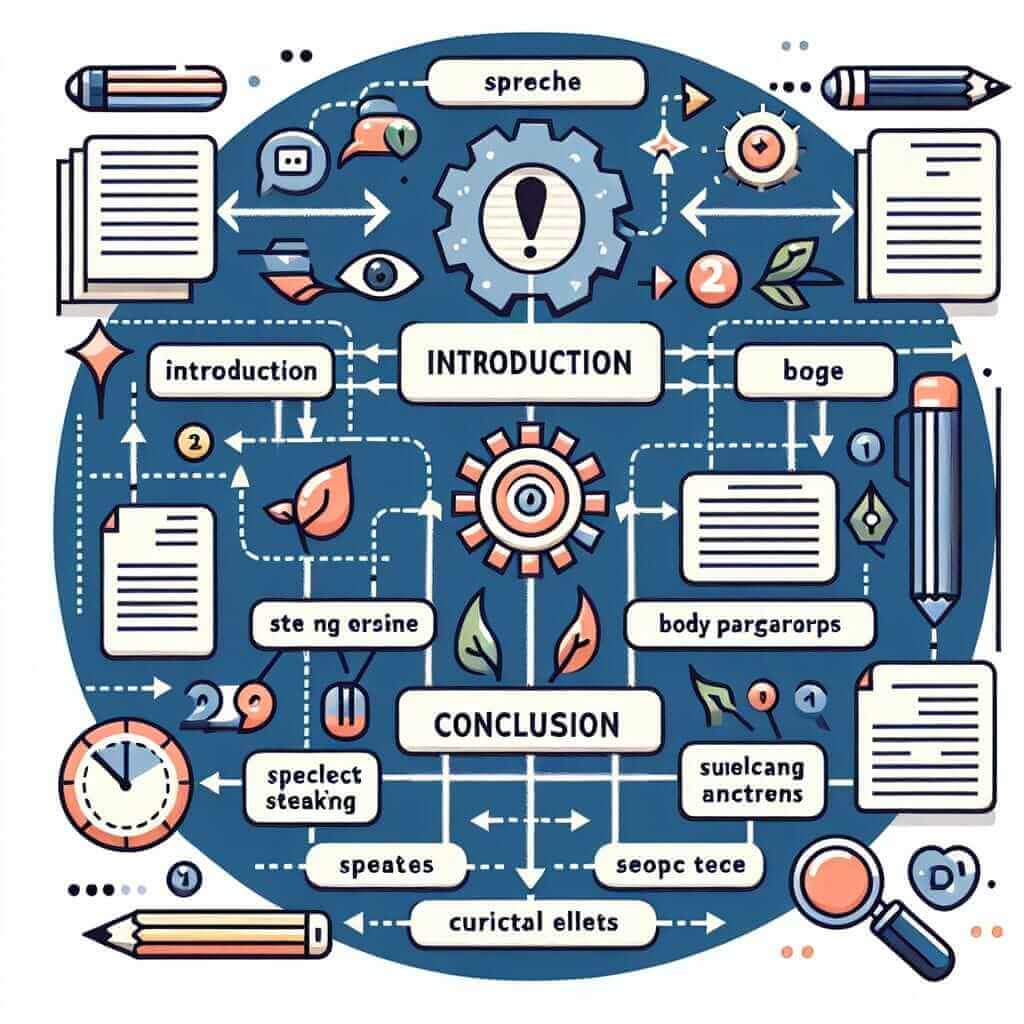This question, a common curveball in the IELTS Speaking test, often throws test-takers off guard. While seemingly simple, it requires a nuanced understanding of what examiners are truly looking for. It’s not just about stating your preference but demonstrating your ability to articulate your thoughts clearly, provide specific examples, and use a wide range of vocabulary.
Nội dung bài viết
Understanding the Question’s Purpose
The examiner isn’t asking for a simple “yes” or “no.” They want to assess your:
- Fluency and Coherence: Can you speak smoothly and logically?
- Lexical Resource: Do you possess a varied vocabulary related to literature and reading?
- Grammatical Range and Accuracy: Can you use a mix of simple and complex sentence structures correctly?
- Pronunciation: Can you be easily understood?
Crafting Your Response
Here’s a breakdown of how to approach this question effectively:
1. State Your Preference Clearly
Begin by directly addressing the question. Avoid being vague. For example:
- “I’m more drawn to fiction.”
- “I have a definite preference for non-fiction.”
- “To be honest, I enjoy both genres depending on my mood.”
2. Elaborate on Your Reasons
This is where you showcase your vocabulary and ability to express yourself. Use descriptive language and specific examples:
For Fiction Lovers:
- “I find fiction incredibly immersive. I love getting lost in fantastical worlds and experiencing different perspectives through captivating characters.”
- “For instance, I recently read ‘The Nightingale’ by Kristin Hannah, and I was completely swept away by the story’s emotional depth and historical setting.”
For Non-Fiction Enthusiasts:
- “Non-fiction satisfies my thirst for knowledge. I enjoy learning about real-world events, scientific discoveries, or inspiring individuals.”
- “A book that left a lasting impact on me was ‘Sapiens’ by Yuval Noah Harari. It completely changed my understanding of human history.”
If You Enjoy Both:
- “While I find solace in fiction’s escapism, I also value non-fiction’s ability to broaden my horizons.”
- “I might choose a thrilling mystery novel like ‘Gone Girl’ by Gillian Flynn for relaxation, but when I’m seeking intellectual stimulation, I’ll delve into a biography like ‘Steve Jobs’ by Walter Isaacson.”
3. Don’t Be Afraid to Discuss Challenges
Adding a layer of complexity demonstrates critical thinking. You could mention:
- “Sometimes, I find it challenging to stick with a lengthy fantasy series, even if I enjoy the premise.”
- “I appreciate the depth of non-fiction, but I have to be in the right frame of mind for it. It can be quite demanding.”
4. Conclude Naturally
Summarize your thoughts briefly to wrap up your response:
- “Ultimately, both fiction and non-fiction have their own unique appeal, and I believe it’s important to keep an open mind and explore different genres.”
Example Response
“I would say I lean more towards fiction. I’ve always been an avid reader, and there’s something magical about getting lost in a well-crafted story. I particularly enjoy fantasy novels, as they offer an escape from reality and allow me to explore different worlds and possibilities. For example, I recently finished reading ‘The Name of the Wind’ by Patrick Rothfuss, and I was completely captivated by the intricate world-building and the lyrical prose. While I do appreciate non-fiction for its educational value, I find that fiction allows for a deeper emotional connection.”
 Reading Books in Library
Reading Books in Library
Key Takeaways
- Be prepared: Think about your reading habits beforehand.
- Be specific: Use examples of books or authors to illustrate your points.
- Be expressive: Use a variety of vocabulary and grammatical structures.
- Be yourself: Relax, be genuine, and enjoy the conversation!
By following these tips, you’ll confidently navigate this common IELTS Speaking question and impress the examiner with your well-structured and articulate response.


